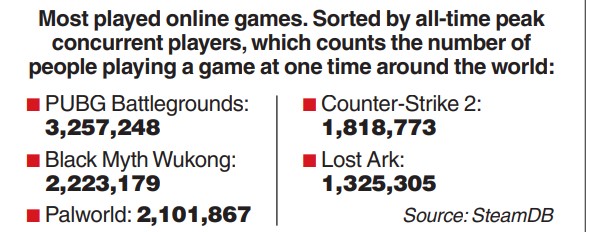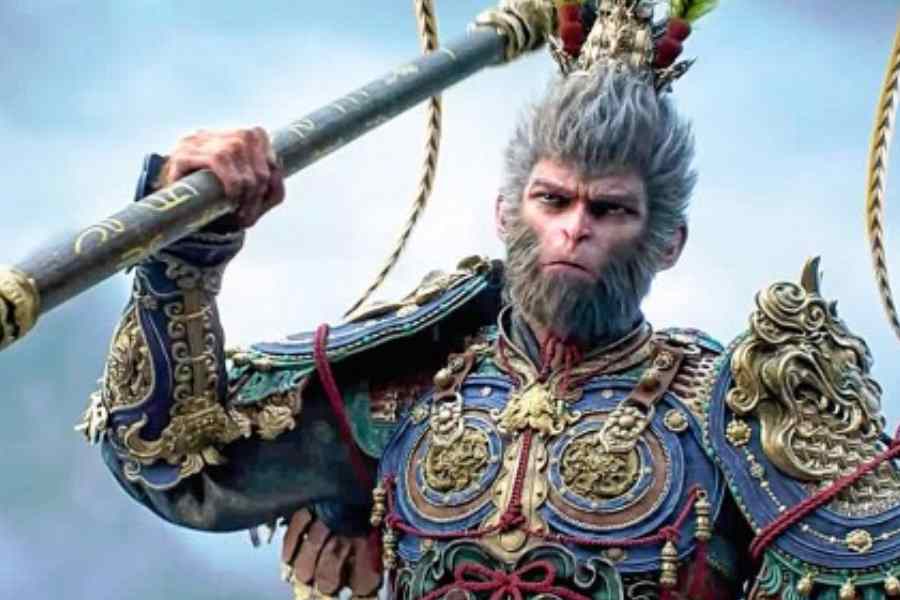Karnasubarna in Murshidabad district may not be a widely familiar destination but it’s home to the ruins of the ancient Buddhist centre of learning called Raktamrittika, which finds a mention in the travelogues of the famous Chinese traveller Xuanzang (Hsüen Tsang), who visited India in the seventh century.
The era of Xuanzang has struck a chord among youngsters around the world in the last 48-odd hours since Black Myth: Wukong, a developed-in-China video game (PlayStation 5 and PC), launched to quickly become the second-most popular title ever on Steam (a video game digital distribution service), a success story usually reserved for numbers coming out of Western game studios.

Developed by Game Science, which has the backing of Tencent Holdings, Black Myth is being discussed as a turning point for China’s video game market as this could well be the country’s first “AAA” title. This categorisation describes games that are high-profile, sophisticated and have large budgets. The buzz in the Chinese media suggests the game has a $50-million-plus budget.
The game is inspired by the classic Chinese novel Journey to the West, originally published in the 16th century during the Ming dynasty. It captures the story of Xuanzang, who lived from 602 to 664 and spent several years in India.
The game is not about the scholar. The focus is on a character from the book — Monkey King (or Sun Wukong) who may have derived in some way from Chinese folklore from Hanuman in the Ramayana or from both (there is no clarity on the origin).
Users slip into the character of the Destined One, a monkey warrior tasked with retrieving six relics of Wukong that have been lost. His weapon is a staff (it can shrink or extend) based on the Ruyi Jingu Bang from the novel. You set out on an adventure that unfolds in six chapters. In the book, the magical Monkey King accompanies Xuanzang on his travels and protects him from peril though the game setting is restricted to China.
Some of the allegorical elements of the book have been retained. At one point, in the book, Monkey King faces six robbers, who could be what Buddhists think of six senses.
Over the years, Chinese companies have become strong contenders in mobile games, an area that now accounts for half of the global video game industry revenue according to gaming-market research firm Newzoo.
Black Myth broke barriers by releasing on PCs as well as PlayStation 5. It is, at the moment, among the trending topics on Weibo, China’s answer to X.
Till last year, 29 of the top 100 of the highest-grossing mobile games outside of China have been developed by Chinese companies, according to market intelligence firm Sensor Tower.
The game also comes with its share of controversy. Connected with Game Science is Hero Games, which is handling the game’s marketing. It appears that some streamers and independent content creators were given a list of topics to avoid — like politics, “feminist propaganda” and Covid-19 — while live-streaming, which usually finds millions tuning in to see a game unfold over hours, complete with commentary.











